Hello and welcome to this special update edition of food waste matters brought to you by the Fight Food Waste Hub and Honey and Fox. I’m Andrew Robertson and joining me today to give a quick update on the Engage Program is David Pearson.
Watch
Listen
Transcript
Andrew: Hello and welcome to this special update edition of food waste matters brought to you by the Fight Food Waste Hub and Honey and Fox. I’m Andrew Robertson and joining me today to give us an update on the Engage Program is David Pearson. Hi, David, thanks for joining us! David: It’s very exciting to be able to share what’s been happening over the last six months. And I’d like to talk about two frontiers that we’ve had a lot of progress on. The first one is understanding the impact of interventions that are focused on reducing food waste in the household. And it’s very exciting. We have a project funded by the federal government and we’ve been able to evaluate three live interventions. Now, this is a really tricky task, doesn’t happen very often around the world and we’re part of that global conversation, so I’m looking forward to being able to share results from that in probably around three months’ time. And the second frontier is that of students. We have just over 20 students with us now, and these are bright people who are working at the very forefront of knowledge and contributing to food waste at various points along the whole of the supply chain. And it’s very exciting to be part of that and to be sharing that journey with these students.
Andrew: All right, so you mentioned that you’re working to change behaviors. Can you give us a little bit more detail about the behaviors you’re trying to change and how can you change the behaviors? David: Well, this is one of the fun things. We did a big piece of research called the Household Project. We finished that in May last year, and that was the most comprehensive research ever undertaken in Australia, investigating what is happening in households around food provisioning and exploring that from the perspective of trying to understand what behaviors lead to food waste. And as a result of that journey, we now have seven behaviors we need to focus on. The top three are: prepare the appropriate amount of food. The second one is when you’re planning your meals, plan with a degree of flexibility. So if you’re shopping for four days, purchase enough food for three days, because the evidence tells us that most of us have unexpected interruptions. We go out, we skip meals, and that results in surplus food in the home. And the third really simple one guys, use up your leftovers, so when there are leftovers, make sure they’re stored and then very visible so that they can be used up before they go off. Andrew: Well, those are really, actually very practical tips that I think that we should all take into consideration in our efforts to reduce food waste. I think I’ve been guilty of some of those behaviors myself, that’s for sure. David: We’re all guilty of those behaviors. And that’s one of the interesting things. Throughout Australia, all households are wasting some food. Some households are wasting more than others. Andrew: Okay, so what’s coming up in the program over the next six months? What’s exciting on the horizon for you? David: We’re super excited to be able to let everyone know that we’re still recruiting students. So if anyone listening to this podcast has a research area where they think that a student could help, please reach out and get in touch with me. Secondly, and this is just so exciting, we are working towards a nationwide campaign and we hope to be able to announce something in the next couple of months and this will be the real opportunity for Australia. All the businesses that have an interest in the household, an interest in food waste, federal government, state government, local government, supermarkets, businesses with consumer facing food brands, as well as all the charities who are active in this space to unite and help make it easy for all our households to eat all of the food that they buy. And we absolutely need that united campaign so that consumers hear one message, repeated often with simple tips on how they can help in this global challenge of having food waste. Andrew: Terrific. Wow. So you were talking about sort of an education campaign to tell people how they can, in their own lives, help to reduce food waste. David: This is absolutely right. So one of the big challenges is that a lot of consumers actually want to reduce their food waste, they’re just not sure what to do. Our research says that three out of four households want to reduce their food waste, but they’re struggling to understand what they should do. And when they go looking, they get different suggestions. So what we are needing to do is give them a unified, simple message and repeat that over a sustained period of time so that they can groove new habits, habits in their home, habits around food that support a reduction in food waste. Andrew: All right. So important. And it sounds like getting that message coordinated at all those different levels that you suggested is going to be a huge task, David, so I think you’ve got your work cut out for you. David: Thank you. And it’s one of the reasons why Fight Food Waste Limited exists. And we have Fight Food Waste Cooperative Research Centre and the other service provider, Stop Food Waste Australia. It’s because we are uniquely placed to be able to bring those parties together in a safe and collaborative way and together, we can do things that we can’t do separately. Andrew: All right, thanks for that, David. That sounds very interesting. Thank you for sharing that update with us. That’s all for now. Be sure to sign up on our website, fightfoodwastehub.com.au, to receive all the latest content from the Food Waste Matters team. Until next time, keep up the fight!!


